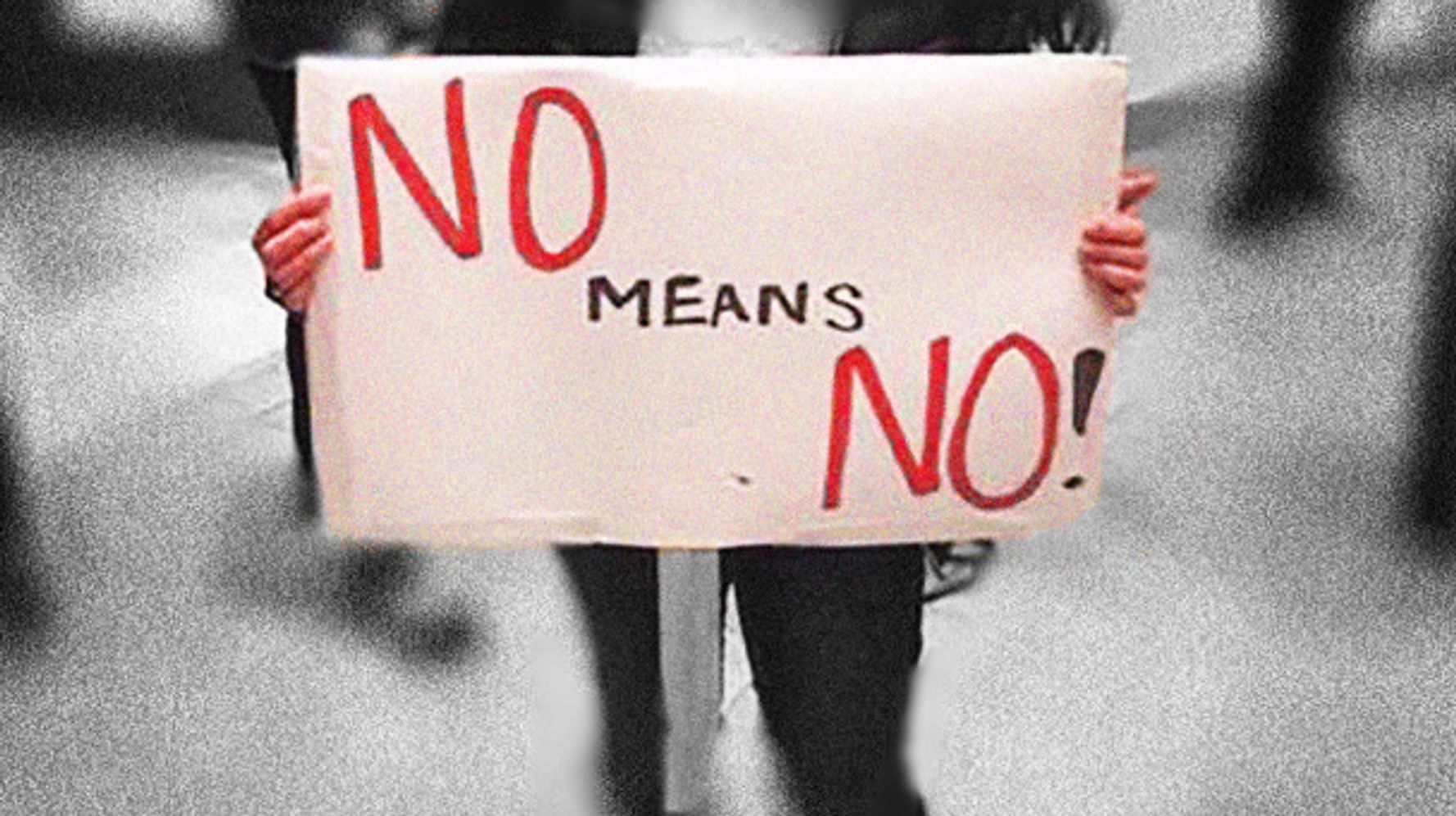NEW DELHI: The action that is required cannot be a one-time intervention or an episodic knee-jerk reaction that fizzles out in a few days.
The massive public outrage, the emotional outpouring of sympathy and the angry accusations of negligence against one and all sparked by the horrific rape and murder of a trainee doctor on 9 August at RG Kar Medical College in Kolkata were spontaneous natural reactions that were entirely warranted and justified.
However, more than a month later why does all this seem like déjà vu? A has-been-there, seen-all feeling that fails to generate any confidence or evoke a sense of purpose; a hollowness that is hard to describe.
The indignant over-the-top anger, the frenzied protests and touching candle light vigils have all become a part of a reflex banal ritual that we go through every few years post a ghastly incident of rape. The sequence of events that will follow are almost predictable. The government gives assurances and promulgates new
Over the years the government has passed several strict laws to curb this scourge of rape: Sexual Harassment of Women at Workplace (Prevention, Prohibition and Redressal) Act, 2013 that addressed women’s concerns in the workplace; the Criminal Law (Amendment) Act, 2013 which expanded and clarified the definition of rape to include all forced sexual assaults; the POCSO Act, 2012 that protects minors from sexual harassment.
In addition, the Indian government has instituted several measures to deter sexual harassment with detailed guidelines for organizations like mandatory Sexual Harassment Prevention Policy, Internal Complaints Committees (ICC) and training programs for employees. Awareness campaigns have been introduced and hotlines have been set up to help women.
But 12 years after the diabolical gang rape and murder of 22-year-old Nirbhaya, a physiotherapy intern in a moving bus in New Delhi, there appears to have been little change as this current incident indicates.
The million-dollar question at this juncture is: Why has the needle not moved forward? Why do rapes still occur regularly despite our good intentions?
For this we need understand the complexity of rape as a crime.
According to the United States Centers for Disease Control and Prevention’s Rape Prevention and Education (RPE) Program, which focuses on the primary prevention of rape: Sexual violence does not occur in a vacuum; it is influenced by the interplay of risk and protective factors at individual, relationship, community, and societal levels.
Therefore, we as a society—individuals, community and organizations—must take ownership of this grievous crime, which to a great extent is a failure of society to inculcate the right values. The entire onus cannot be on the government alone. The government does not have a magic wand that can make this scourge disappear but can play a major role.
Second, we need to realize that protests are calls to action and not action itself. Mass outrage, national strikes and candle light vigils are all fine but they need to be followed up with tangible action if we desire positive outcomes. It is time we moved beyond protests.
The action that is required cannot be a one-time intervention or an episodic knee-jerk reaction that fizzles out in a few days, but a continuum of efforts that is comprehensive in its framework with a focus on prevention and relentless in its pursuit of the goal—the prevention and mitigation of rape; an effort that is constantly in play even during relatively normal times. I repeat even during normal times.
At the core of this battle is individual protection, preparedness and prudence. Women must be encouraged to be adept at self-defence skills like karate and judo, carry deterrents like mace sprays at all times and above all avoid dangerous situations of vulnerability (which may not always be possible). A young woman hitchhiking a ride from an unknown stranger at 1.30 AM (recent incidence reported from Bengaluru) smacks of recklessness and is certainly not prudent.
Calls for prudence have been criticized by women’s groups as restrictive for women. Not true. This is an injunction that is applicable to men as well. Even as a man I would think twice about accepting a lift from a stranger at midnight. When living in New York would I dare to drive through South Bronx in the middle of the night? The answer is no. A certain degree of individual discrimination and judgement is vital.
Rape especially in the workplace is a concerning phenomenon. This is where society and institutions need to step in. Workplace education against sexual assault must not only be emphasized but a review of workplace safety must be a constant mandate.
As a physician myself I am fully aware that on-call rooms for trainee doctors to catch some sleep at night are non-existent or located in some dingy remote part of hospitals. This is a situation not exclusive to India alone. Hospitals in the UK and USA even today suffer from this drawback and this author has had personal experience of that. I remember more than 20 years ago about an incident where a female physician who had gone into work on a Saturday was murdered in her own office in a large New York City hospital; this hospital had areas that one would be hesitant to venture into even in the middle of the day.
It may also be worthwhile to duplicate certain innovative interventions adopted in the United States. The California Coalition Against Sexual Assault engages and motivates young men aged 14-18 to take a more active role in spreading awareness about preventing sexual violence. A 2016 study conducted in 26 Kentucky high schools found that a bystander intervention program helped to decrease sexual violence.
In summary, rape has existed since the dawn of mankind and to completely eradicate this scourge may not be possible. But we can decrease incidences of rape by taking ownership of this problem as a society, implementing a comprehensive framework to deter rape and most importantly by being constantly on the vigil.

